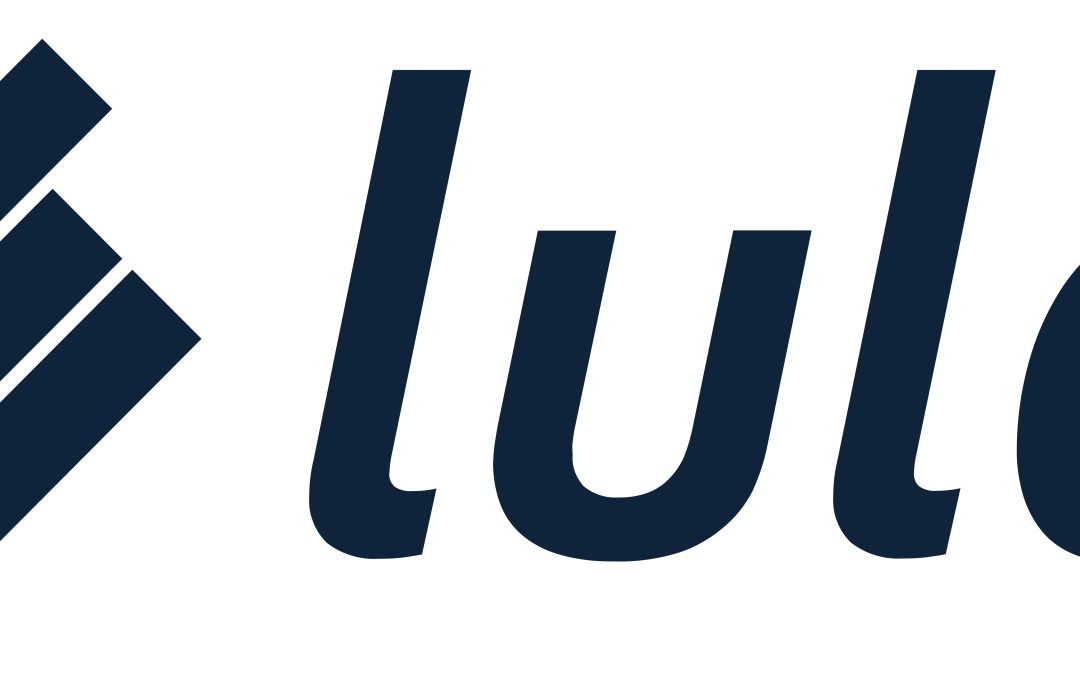The benefits of a growing business include competitiveness, efficiency, talent attraction, and, of course, a boost in revenue. And in order to grow, every business needs to implement effective strategies, including the intentional use of debt. According to Garth Rossiter, Chief Risk Officer at Lula, if a small to medium enterprise (SME) has a clear and effective plan, making use of funding can be a clever way to scale and move the business to a new level of success.
However, obtaining funding through traditional means can prove a headache for many SMEs when considering the long wait for funding approval. In addition, most traditional funders, such as banks, have historically been risk-averse and reluctant to fund SMEs. When one considers that more than 40% of the national GDP is contributed by SMEs, it is clear that providing reliable funding for the kinds of businesses that form the backbone of the economy is essential. At the same time, SMEs need to borrow responsibly from responsible alternative funders in the SME finance sector.
Alternate lending in the SME finance sector is relatively new. There is a lot of opportunity for SMEs to be taken advantage of if they encounter lenders that are not interested in treating SMEs fairly or maintaining the reputation and sustainability of the SME finance sector. Members of the South African SME Finance Association (SASFA), like Lula, are bound by a code of conduct to ensure that SMEs are able to obtain funding in a responsible way in order to advance their businesses.
Before applying for funding from alternative lenders, SMEs should consider the following factors, which are likely to improve the chance of obtaining the capital needed:
- Affordability – does the business have the capacity to repay the funding?
- Healthy credit score – is there good record with a willingness to repay previous debt?
- Established business track record – has the SME been trading for 12 months or more?
- Strategy – for what specific purpose is the funding earmarked?
- Tidy record-keeping – are the financial documents and other business policies in order?
SMEs who can provide evidence of these best business practices will be in a much stronger position to obtain funding because of their ability to manage money effectively. Early-stage SMEs may benefit from avoiding the risks associated with acquiring debt too early. Debt creates a repayment obligation which may lead to financial strain, and a different kind of funding may be more suitable.
Responsible lending also requires a careful selection of lending partner. Before entering into any funding agreement, it is best to determine:
- Time – how long will the SME need to wait before funding is approved?
- Cost – how much is the funding going to cost? Is there interest to be paid, or, like Lula, is there a fixed cost for the time period of the agreement?
- Transparency – are there hidden costs like administration fees in addition to interest?
- Penalties – will there be extra to pay if the debt is settled early or late?
- Accountability – is the lender an accredited member of SASFA, and bound to a strict code of conduct?
In order to avoid stagnation, and the loss of opportunities because it can take too long to obtain funding, alternative lenders like Lula afford SMEs the chance to see their plans come to life. Building healthy, growing businesses directly improves the lives of those employed, so funding SMEs responsibly not only contributes directly to the improvement of the South African economy, but is a tool for ensuring the democratic ideal of dignity for its people.


